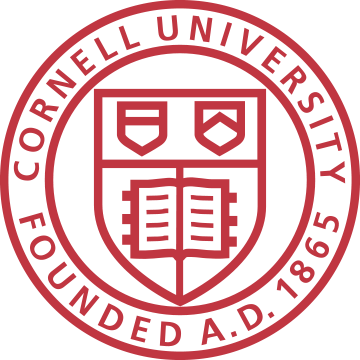Challenges.
Disparate systems that supported the multiple colleges and divisions across campus – each with its own admissions standards and academic programmes – left Cornell’s HRIS team struggling with inconsistent processes, manual-based systems with poor data quality, a lack of consolidated information, and limited reporting capabilities.
Why Workday.
Cornell wanted increased data accuracy and reliability for faster and more accurate reporting and analytics. The single Workday system helped the university achieve that goal, as well as improve organisational management, uphold tighter security permissions and track spending.
Benefits and results.
Organisational management and flexibility.
A single system with consistent processes across colleges and units is now accessible by all teams, freeing HR to focus on other tasks. Dashboards give managers greater insight into time and absence patterns.
4
systems consolidated into 1
Improved spend controls.
Streamlined processes help create greater transparency. Eligibility rules and a security framework help workers with time entry and have reduced over-payments and retro payments campus-wide.
20%
annual contract savings with recruiting
Systems consolidation and total cost of ownership.
Cornell now realises hard-dollar savings, thanks to the elimination of recruiting and time-tracking bolt-on applications.
46%
annual contract savings with time tracking
Decision support.
Prior to Workday, Cornell was challenged with disparate data stores for HR, recruiting, payroll, and time tracking data. Now with one system and an easy-to-use reporting tool, users benefit from consolidated processes and faster decision-making.
Reduced audit times from weeks to hours
Process automation and configuration.
HR processes significantly improved, with faster and more accurate transactions. System integrations can now be managed by a small team of IT developers.
200
integrations managed by 3 IT staff members

